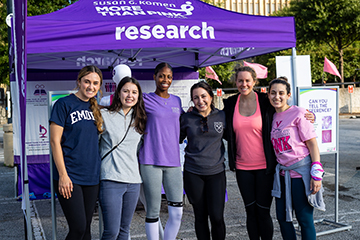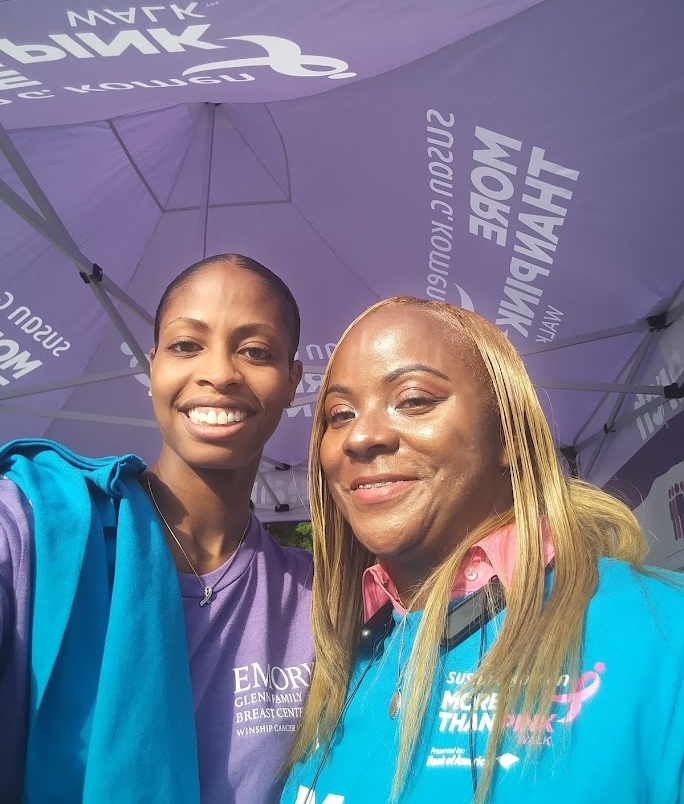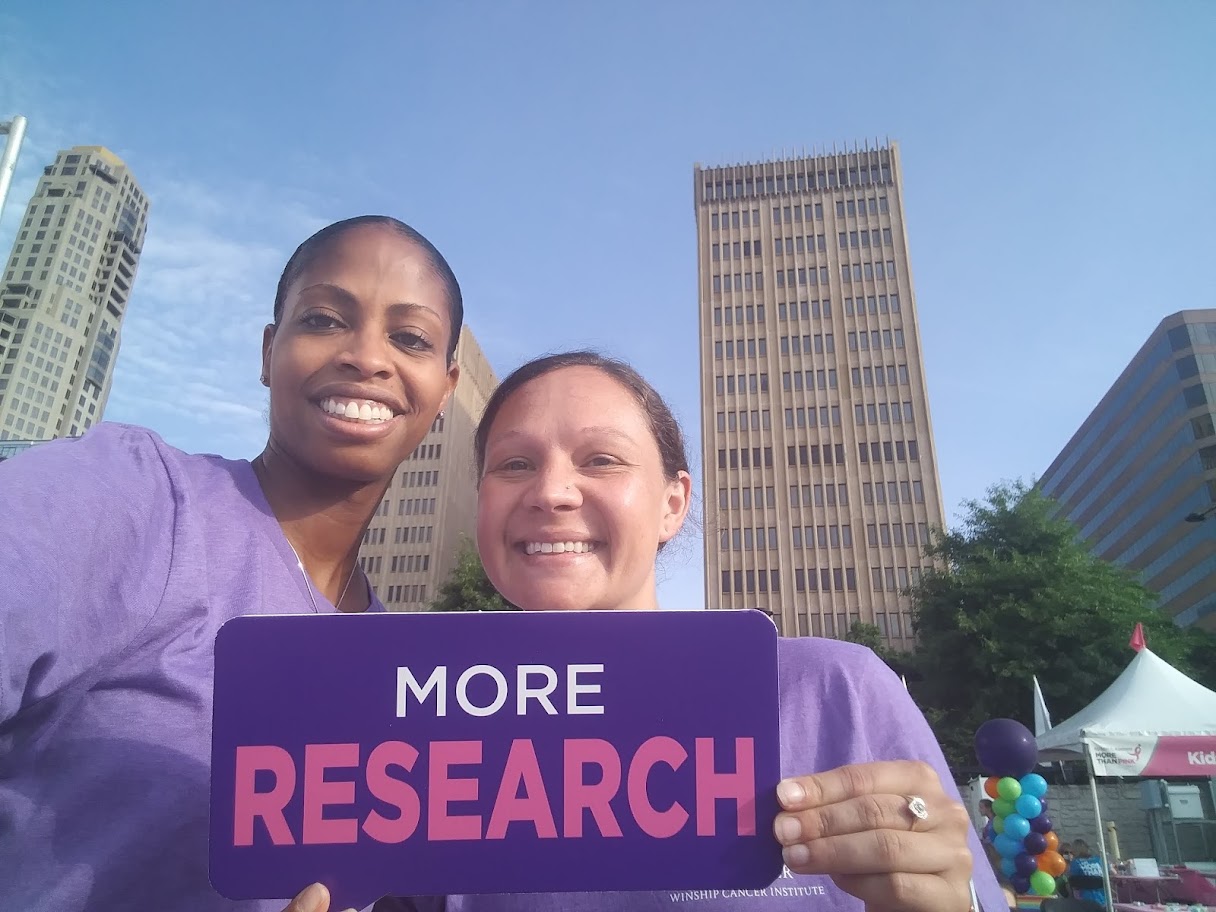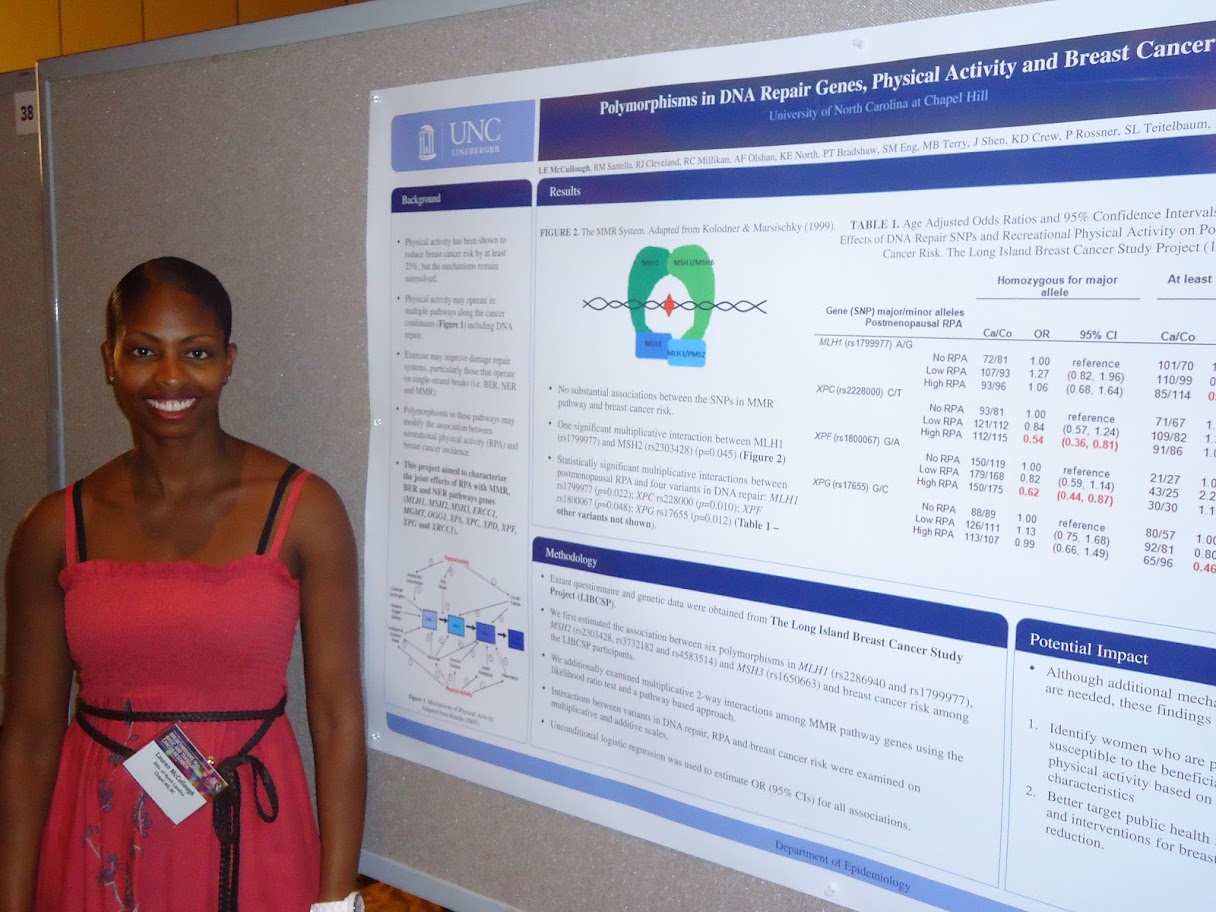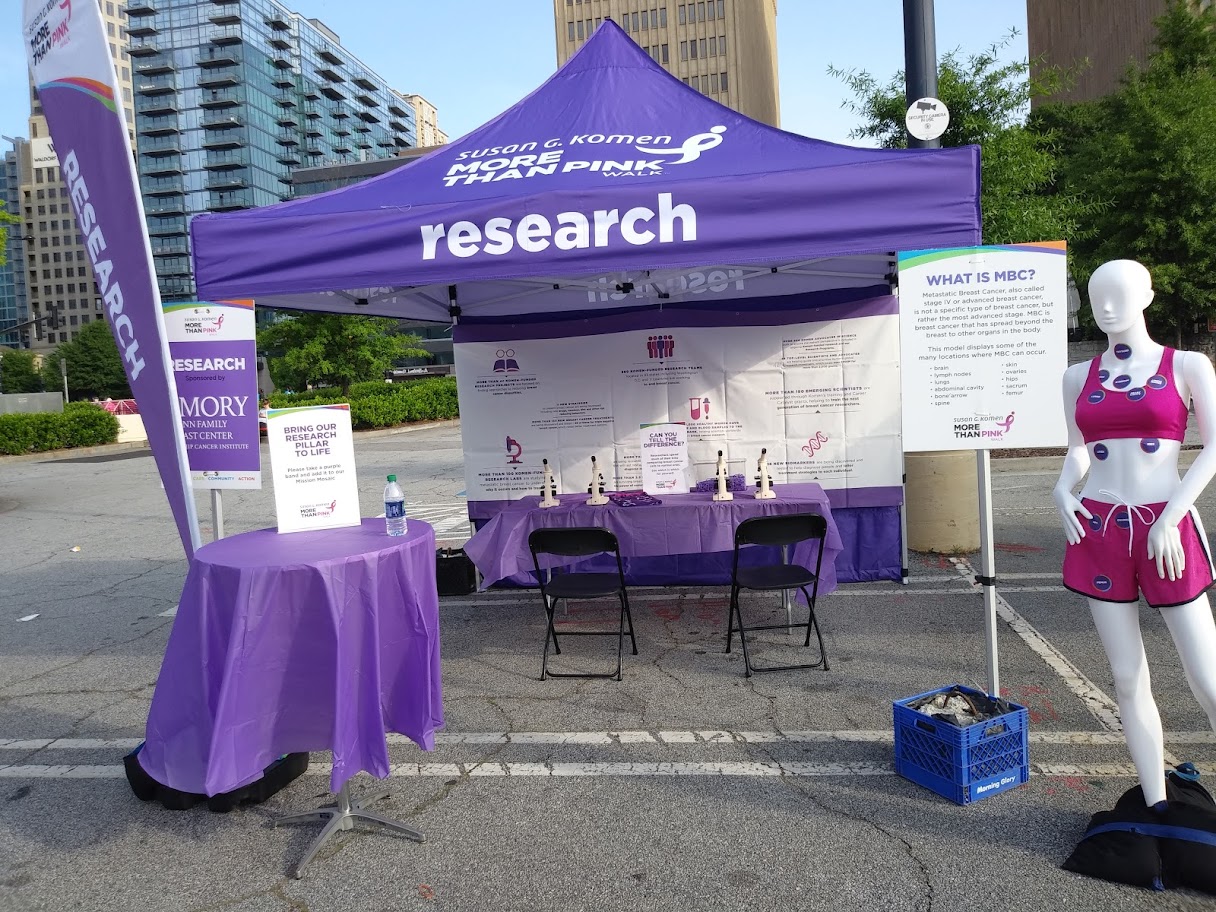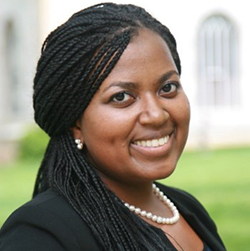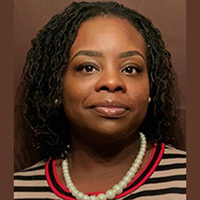
Post Docs

Lauren E. Barber |
Dr. Lauren Barber is a postdoctoral fellow in the Epidemiology Department at the Rollins School of Public Health at Emory University. Her overarching research interests center around studying cancer etiology and mortality in underserved populations and investigating risk factors that contribute to racial disparities in cancer incidence and mortality.
Doctoral Students

Maret Maliniak |
I am a doctoral student in Epidemiology at the Rollins School of Public Health at Emory University. My overarching research interests are in understanding how obesity, poor diet and physical inactivity (known collectively as “energetics”) influence breast cancer recurrence and survival and the underlying molecular mechanisms that link them.
PhD Graduates
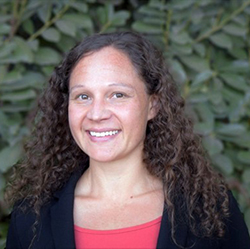
Lindsay Collin |
I earned my PhD in Epidemiology from Emory University in June 2020 and am currently a postdoctoral fellow at Huntsman Cancer Institute at the University of Utah. My overarching research interests are to understand multi-level contributors to disparities in recurrence and mortality among breast and ovarian cancer patients.

Michael Garber |
I graduated from the PhD program in the Department of Epidemiology at Emory University Rollins School of Public Health in December of 2020. My specific focus was thinking about potential biases and study-design-related issues that could arise from the use of smartphone-generated data sources in epidemiology.

Katie Ross-Driscoll |
I am an Assistant Professor in the Division of Transplantation, Department of Surgery at the Emory School of Medicine, and in the Department of Epidemiology at the Rollins School of Public Health. I am a social epidemiologist and health services researcher with a primary focus on improving access to and outcomes from solid organ transplantation.
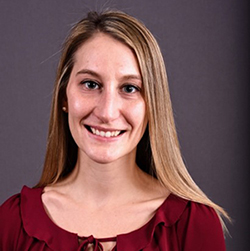
Alyssa Troeschel |
I received my PhD Epidemiology from Emory University in 2021. My core research interest is in identifying and understanding factors associated with improved outcomes across the cancer continuum, with hopes of informing interventions and clinical recommendations to both prevent cancer and improve the lives of those already diagnosed with cancer.
Team Gallery
